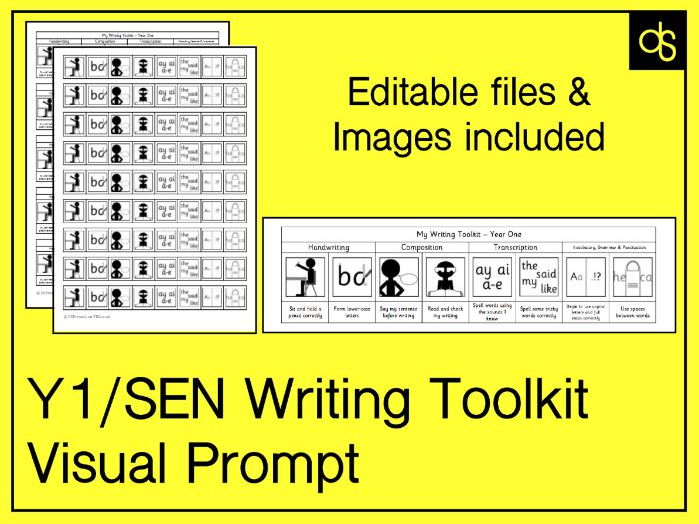
19Uploads
35k+Views
11k+Downloads
English

First 100 High Frequency Word Cards - Easy Read
Download and print the first 100 high frequency words to support early reading in EYFS/KS1. These are words that appear frequently in the texts that children are reading, so practising these will help them greatly.
The words are written in lowercase and in the Sassoon Primary Font (Used by Primary Schools) for easy reading.
Let me know if you find these useful or would like any more.

3D Frog Display Eyes (e.g. Fred Frog, Read Write Inc.)
Create an interactive display for use in your KS1 classroom. Perfect for schools that teach through the RWI phonics scheme. Buy a 'KROKIG' wall storage unit from IKEA (currently £3) and add these eyes to make a frog.
This could be used to sort sounds - e.g. only put words with certain sounds in the frogs mouth (Sound of the day?).
'DS Primary' on Facebook

Read Write Inc Set 2 and 3 Green Words - 500+ Phonics Decodable Words
This download contains 500+ 'green' (decodable) words for Set 2 and 3 of the RWI programme. There is a larger version which can be used to display as well as sets of words organised by grapheme which can be sent home with pupils to practise. There are at least six words for each sound (usually many more - 'ay' for example has 24 words) and they are all ready to go so just print (on green paper perhaps?) and chop up.
Set 2 and 3 are included in this download.

DS - Edit and Review Stickers. KS1 Grammar. Self-assessment.
This set of ‘Edit and Review’ stickers are ideal for use with a KS1 or SEN group. The sticker is a prompt for children to check for :
-capital letters
-finger spaces
-punctuation
-their personal target e.g. use two adjectives
I use these stickers after the children have done an extended piece of writing as a prompt when they are independently reviewing their own work. The children particularly enjoy ticking each box as they check.
The artwork is set up to be able to print onto blank sticker sheets. These can be purchased from a wide range of retailers. These are a standard size (65 to an A4 page). You could, of course, choose to simply print them, chop them up and stick them in with PVA.

First 100 High Frequency Words - Easy Read - Organised By Phase
These high frequency words are arranged by phase and sorted into decodable and non-decodable (tricky) words. The latter are on a separate page as you may choose to print these differently (e.g. on red paper) to indicate to children that these are words that they cannot use their phonetic knowledge to read.
DSPrimary - 659846

Letter and Number Formation Models [Digital Display]
These powerpoints can be set up and left on a classroom computer or interactive white board. Each powerpoint automatically runs, modelling how to form different letters and numbers. Great for an EYFS or Year 1 classroom.
You could copy the letters to make words of your choice and leave these on display for children to copy.
Bundle

Phonics Screening Prep Bundle
Resources for £5 (Save £2.50+).
Highly popular resources, used across the UK.
Perfect for teachers supporting pupils with the phonics screening. Also for parents and childminders etc supporting early reading development.

Year 1 / SEN Writing Toolkit. Visual prompt covering key NC objectives.
This resource can be used in many ways. Its main purpose is to serve as a prompt for year one writers. The visual prompts remind them what you are looking for as a Y1 teacher.
The six illustrations represent six of the key objectives for writing in year 1, covering the four main domains: transcription, handwriting, composition and grammar etc.
This download includes word documents that you can print and trim. Use these writing prompts in your day-to-day English lessons or for important writing tasks. You may ask the children to self-evaluate by colouring or ticking the things they feel they have done.
Instead of putting these into the children’s books, you could print them large and display them in your classroom.
The illustrations are also included in this download and you are permitted to incorporate them into your own teaching resources. For example, you might put them into smart notebook.
This toolkit is designed specifically to cover the key objectives of the Year One National Curriculum expectations, though it may be useful for children working below their expected age.

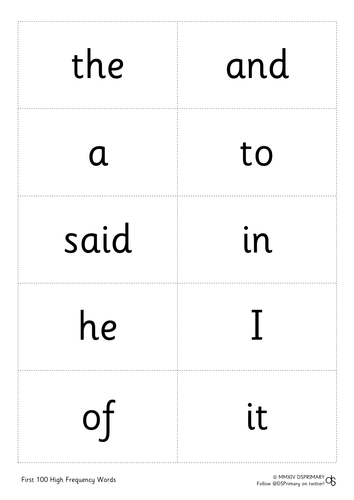
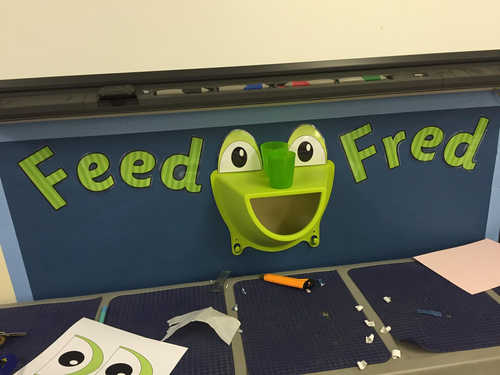

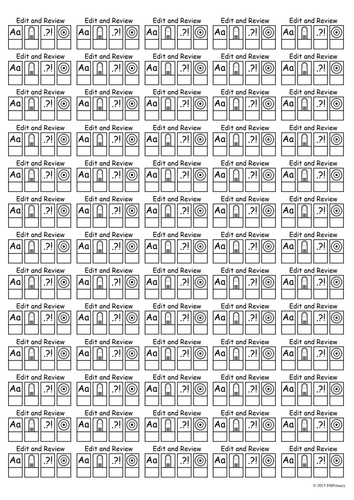
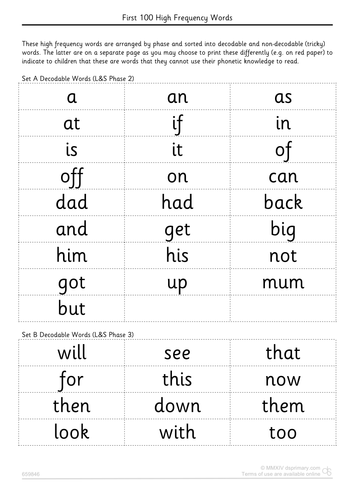
![Letter and Number Formation Models [Digital Display]](https://dryuc24b85zbr.cloudfront.net/tes/resources/11849189/image?width=500&height=500&version=1519940910241)

